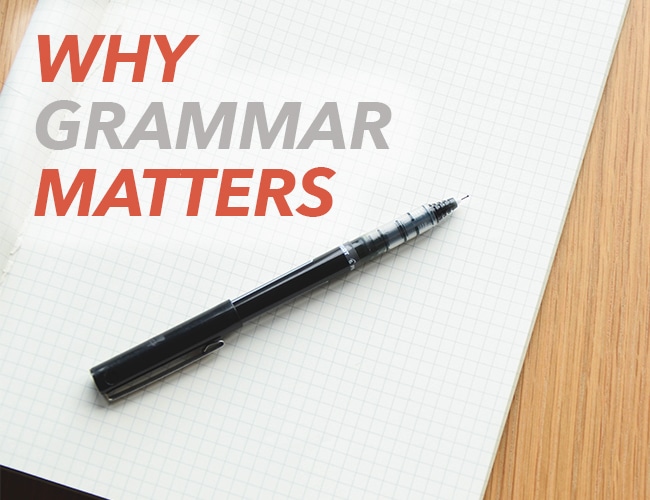
by Liz Bureman |
If there’s one significant thing that Joe and I have historically disagreed on, it’s the role of grammar in a writer’s toolbox. We complement each other well because as much as I love grammar and sentence structure, he equally embraces the dismissal of commas and the implementation of run-on sentences for art’s sake. When you get down to brass tacks though, I have to admit that he kind of has a point: grammar is somewhat arbitrary.
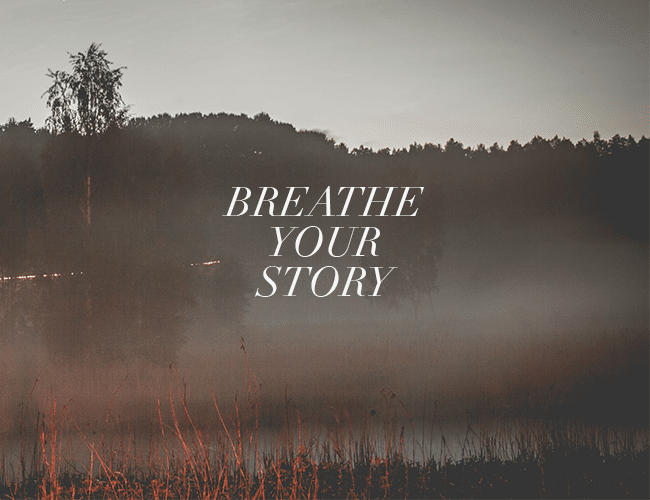
by Joe Bunting |
Your story is going to be great. Your book? It’s going to be great. It’s going to get written. Don’t worry.
Breathe your story in. Breathe your story out.
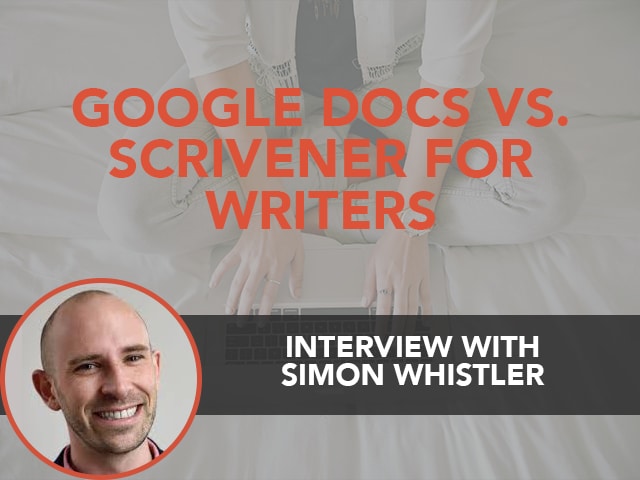
by Matt Herron |
Simon Whistler embodies the spirit of the do-it-yourself writer. In this Scrivener Superpowers interview, Simon and I talk about his editing process and how he came to book writing.

by Kellie McGann |
Twitter is a social media outlet that allows its users to send and read short messages up to 140 characters long. It’s perfect for the world we live in. Quick, easy, and simple for our constant moving lives.
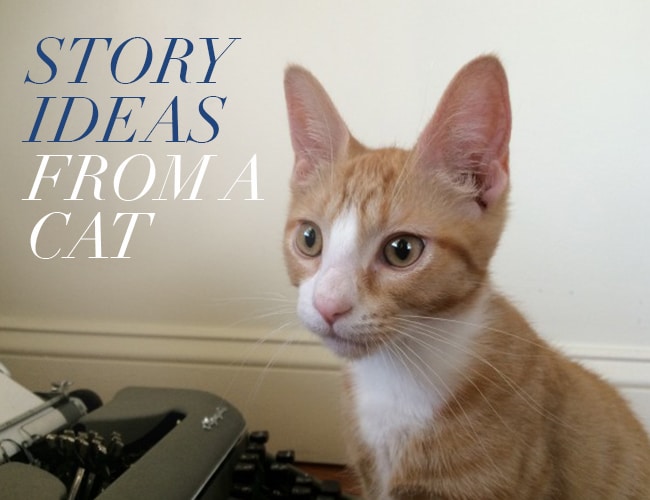
by Pamela Fernuik |
This is a guest post from Harper Hodges. She writes at thecatwhowrites.com. Harper took over the cat who write’s blog when Pooh Hodges, a regular columnist for The Write Practice, died. Pamela Hodges, the regular writer today, is not a cat —so she asked Harper to help her write today’s post.
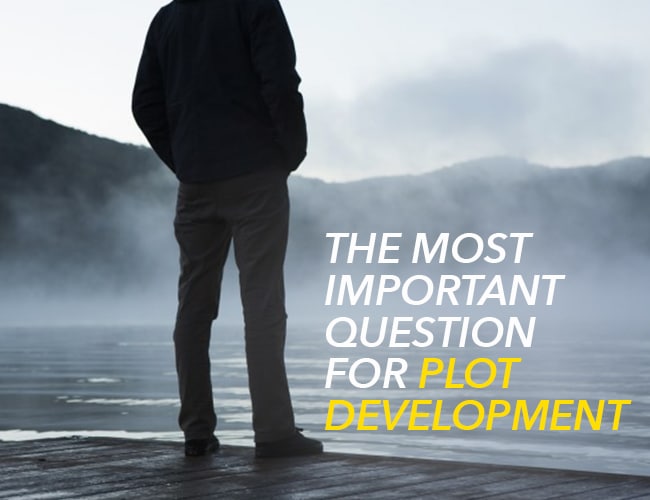
by Emily Wenstrom |
Let’s be honest. Plot development is not always fun. Sometimes it’s really hard.
Sometimes, your story gets stuck in a rut, backed into a corner, or just gets flat and boring.
But I’ve found that a single question is enough to get my creativity going again. This one question got my story back on track every single time.








